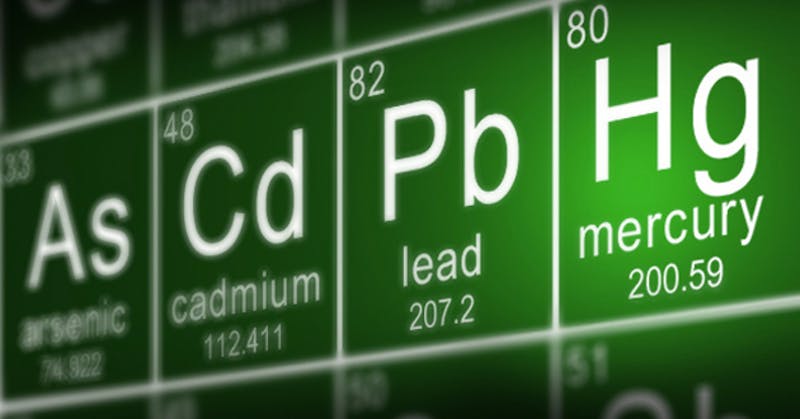ASTM D4606 Multi-Metal Assay in Drinking Water for Food Use
The ASTM D4606 multi-metal assay is a critical analytical procedure designed to ensure the safety and quality of drinking water intended for food use. This test method measures trace amounts of heavy metals such as arsenic, cadmium, lead, mercury, and others in water samples. Compliance with this standard is essential for protecting public health and adhering to regulatory standards set by bodies like the U.S. Environmental Protection Agency (EPA) and World Health Organization (WHO).
The multi-metal assay addresses the growing concern over heavy metals in drinking water, particularly those used in food production or consumption. Heavy metals can enter the water supply through various sources including industrial effluents, agricultural runoff, and natural geological formations. The presence of even trace amounts of these toxic elements can pose significant health risks if not properly controlled.
The ASTM D4606 procedure utilizes advanced chromatographic techniques to achieve precise detection levels down to parts per billion (ppb). This level of sensitivity is crucial for identifying contamination sources and ensuring that water meets the strictest safety standards. The test method covers a wide range of sample types, including tap water, well water, and bottled water intended for food use.
The ASTM D4606 protocol specifies rigorous sample preparation methods to ensure accurate results. This includes thorough filtration, dilution, and digestion steps that are essential to break down complex matrix components. The choice of instrumentation is also critical; high-performance liquid chromatography (HPLC) coupled with inductively coupled plasma mass spectrometry (ICP-MS) provides the necessary sensitivity and selectivity for this analysis.
Compliance with ASTM D4606 ensures that water suppliers, food producers, and regulators can confidently meet regulatory requirements. The standard is widely accepted by global health authorities and is a key component in maintaining public trust regarding product safety. By adhering to these stringent testing protocols, stakeholders demonstrate their commitment to high-quality standards and consumer protection.
| Step | Description |
|---|---|
| Filtration | Remove suspended particles and organic matter. |
| Dilution | Adjust sample concentration to appropriate ranges for analysis. |
| Digestion | Break down complex matrix components using acid digestion. |
Applied Standards
The ASTM D4606 multi-metal assay is specifically designed to comply with international and regional standards aimed at ensuring the safety of drinking water for food use. This includes compliance with:
- ASTM D4606: Standard Practice for Multi-Metal Assay in Drinking Water for Food Use.
- EPA Method 218.7: Determination of Inorganic Arsenic, Selenium, and Other Metals in Drinking Water by Inductively Coupled Plasma Mass Spectrometry (ICP-MS).
- WHO Guidelines for Drinking-water Quality: Recommendations on the presence of heavy metals.
Industry Applications
This multi-metal assay is applicable in a variety of sectors where water quality plays a crucial role. Here are some key applications:
- Beverage Manufacturers: Ensure that bottled waters meet stringent safety standards.
- Food Processors: Validate the purity of water used in food production processes.
- Water Utilities: Monitor drinking water quality to prevent contamination from heavy metals.
Environmental and Sustainability Contributions
The ASTM D4606 multi-metal assay contributes significantly to environmental sustainability by:
- Reducing the risk of heavy metal exposure in drinking water.
- Promoting compliance with stringent regulatory standards.
- Facilitating the identification and mitigation of potential contamination sources.





